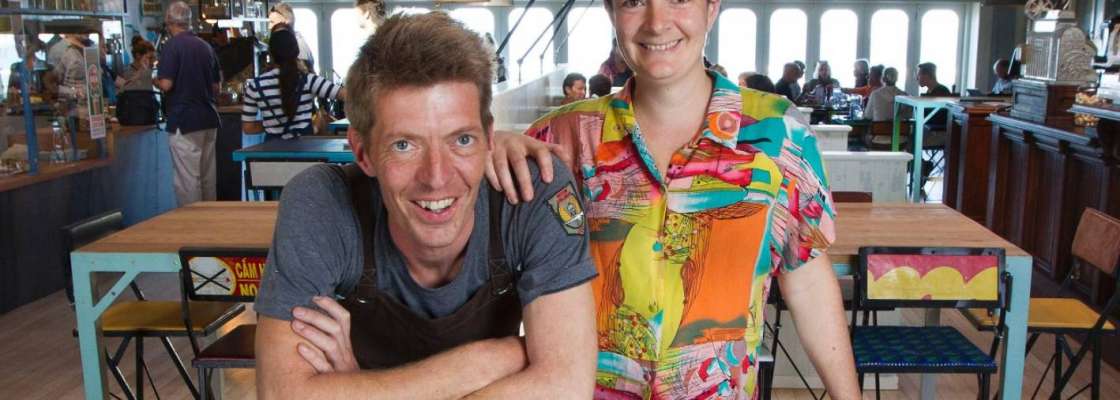“I always tried to make hospitality a career but if I wasn’t getting paid what I am now, it would be hard for me to want to keep working in hospitality. I would have probably started my own cafe. But for what I’m getting paid it’s quite comfortable to be working for someone,” Tung said.
According to Careers NZ, the average wage for a barista was between $18 and $19 per hour.
Since her recent pay rise, Tung said she could save at least $150 more a week.
“When you’re making the minimum wage and you have to pay rent and other expenses, you can manage to save if you’re good at budgeting, but it’s still hard,” Tung said.
On April 1, the minimum wage lifted to $17.70 an hour and the pension increased 2.6 per cent to $411.15 a week for single people living alone, or $632.54 for couples.

Wellington cafe worker Joyce Tung says being paid more than the living wage encouraged her to continue working in hospitality.
The minimum wage lift is the biggest increase to the minimum wage ever enacted in one jump. It is part of the Government’s plans to increase the minimum wage to $20 an hour by 2021.
The living wage, has no legal standing and is set by the Living Wage Aotearoa not-for-profit organisation. The living wage is set at a level that is needed for workers to cover the basic expenses of life including food, transportation, housing and childcare.
In June last year the Government decided all core public service employees would be paid at least the living wage.
Seashore Cabaret owner Matt Wilson is an industry veteran and has owned various cafes for 25 years.

All 52 staff, from chefs to cleaners, at Seashore Cabaret will be paid at least the living wage $21.15. Photo Credit: MONIQUE FORD/STUFF
He said valuing staff was one of the keys to running a successful business in the hospitality industry.
“The minimum wage is just too low for any sort of decent existence, I believe. Especially in Wellington with the massive costs of rentals and stuff I don’t see how people can get by. We can afford to do it so we’ve done it and we’re very proud of it,” Wilson said.
“If you’re really good to staff and pay better they want to work with you for longer which is invaluable. We want to keep staff turnover low because hiring and training new staff is expensive and time consuming.”
Wilson said too many businesses in the industry focused too much on the bottom line.
“A lot of businesses in the hospitality industry focused on the bottom line and everything is fit into percentages. Everyone wants to cut their wage costs at 30 per cent. We’re a little more philosophical, we focus on the staff, produce and cafe environment. If you get those three things perfect, then the bottom line takes care of itself.”
But the business has not completely ignored profits.
“We’ve been profitable since day one. I understand there’s probably a lot of businesses that probably can’t afford to do it, but there’s also an awful lot of huge businesses and big multinationals that it would cost them nothing to do that overnight.”



